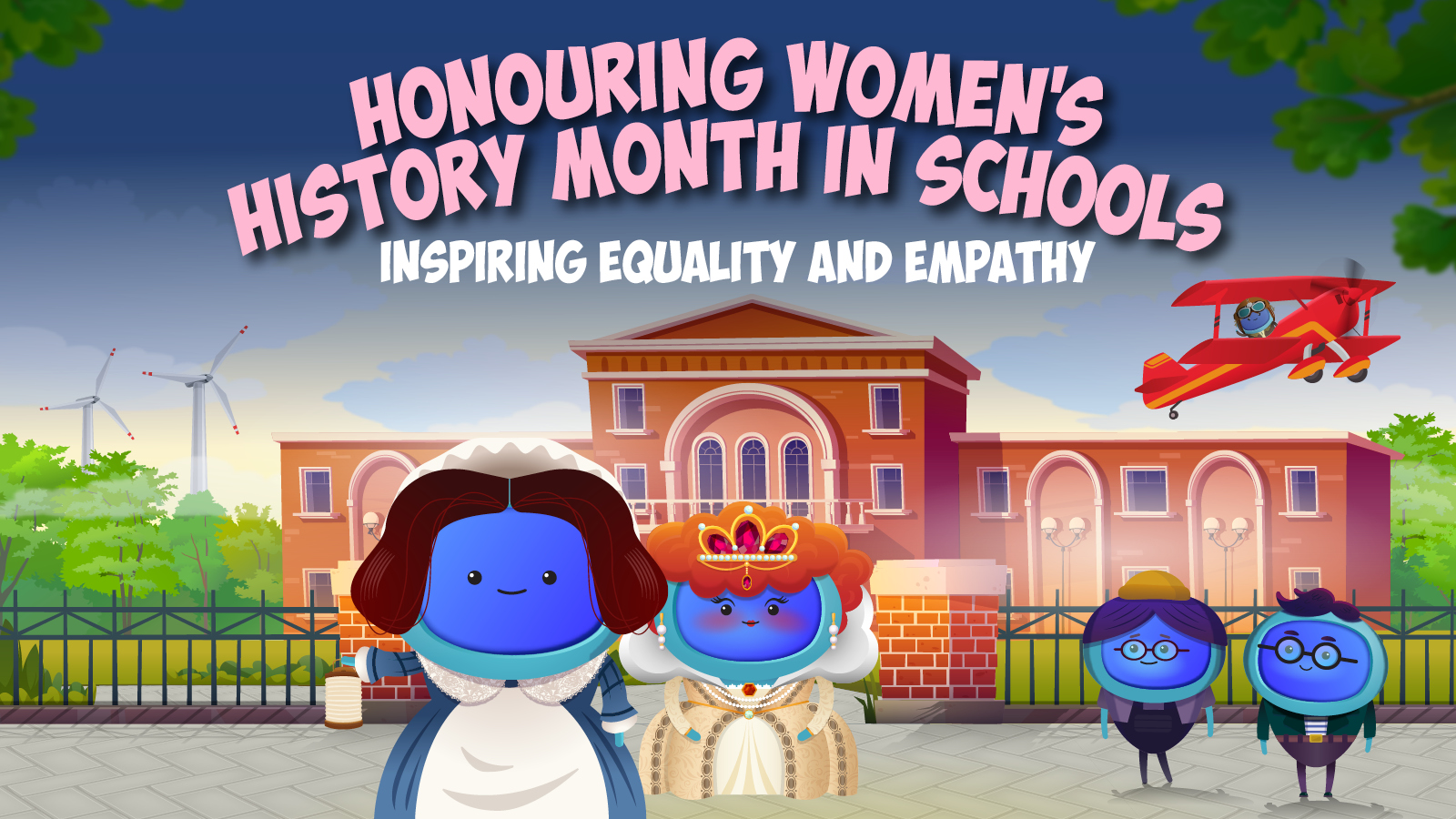March is Women's History Month, and it’s important that we, as a society, celebrate it. Why? Because it recognises women's vital contributions to history and society. It’s a time to highlight the accomplishments, struggles, and progress made by women in every field, including politics, science, literature, art, and social justice. It also serves as an opportunity to raise awareness about the importance of gender equality and to honour the women who have made significant impacts on shaping the world we live in today.
This year’s theme, "Women Who Advocate for Equity, Diversity, and Inclusion," underscores the vital role women have played (and continue to play) in advancing equality, diversity and inclusion (EDI) in society. It celebrates the tireless efforts of women from diverse backgrounds who have been champions for change, breaking barriers, challenging stereotypes, and advocating for fairness and representation.
From activists to influential leaders, women have led movements for civil rights, gender equality, LGBTQ+ rights, disability rights, and more. Their courage, resilience, and unwavering commitment to creating a more inclusive and equitable world serve as an inspiration to us all, reminding us of the ongoing work needed to achieve true social justice and equality for everyone.
This key month has its roots in International Women's Day, itself celebrated globally since the early 20th century. International Women's Day has its origins in the labour and socialist movements of the early 1900s, with the first official International Women's Day being observed in 1911.
Teaching Women's History in schools is crucial for several reasons. Throughout history, females who played pivotal roles in innovation, government, and beyond have often been overlooked or not given proper credit for their contributions. It’s astonishing that their roles have been overlooked!
It’s only by incorporating women's history into the curriculum, students gain a more accurate and comprehensive understanding of the past, ensuring that these important figures and their accomplishments are not forgotten.
Learning about women's history is essential to a well-rounded education, providing diverse perspectives and enriching students' understanding of societal dynamics. Additionally, textbooks and school curriculums can be slow to change (they’re often more than a few years behind due to budget constrictions) and reflect a current understanding of history, making it imperative for teachers to actively incorporate women's history into lessons.
By understanding the historical significance of women, students are inspired to challenge gender stereotypes, advocate for gender equality, and contribute to a more inclusive future. Recognising the contributions of women throughout history not only honours their legacies but also empowers future generations to create positive change in society.
In today's world, the topic of EDI is more crucial than ever. As our societies become increasingly interconnected and diverse, understanding and embracing EDI principles are essential for fostering harmonious relationships and ensuring equal opportunities for all individuals. By educating young people about EDI, we equip them with the knowledge and skills necessary to navigate a complex and interconnected world with empathy, respect, and acceptance.
While progress has been made in promoting EDI, it's important to also acknowledge the ongoing challenges and barriers that persist, including systemic inequalities, discrimination, and social injustices. By raising awareness of both the positive changes and ongoing challenges related to EDI, we empower young people to become agents of positive change in their communities and advocates for a more inclusive and equitable society.
In summary, Women's History Month celebrates the contributions of women throughout history and underscores the importance of gender equality and diversity. It empowers individuals to recognise the achievements of women, advocate for equity, diversity, and inclusion, and work towards a more inclusive and equitable society.
Find out more about Equality & Diversity
To help educate others about Belonging, Equality, Diversity and Inclusion including key topics like Women's History Month, visit our BEDI Collection of certified courses. Why not take a FREE 30-day trial to try our courses for yourself or book a demo with the team and we'll be happy to talk you through how our online tool can help you!




